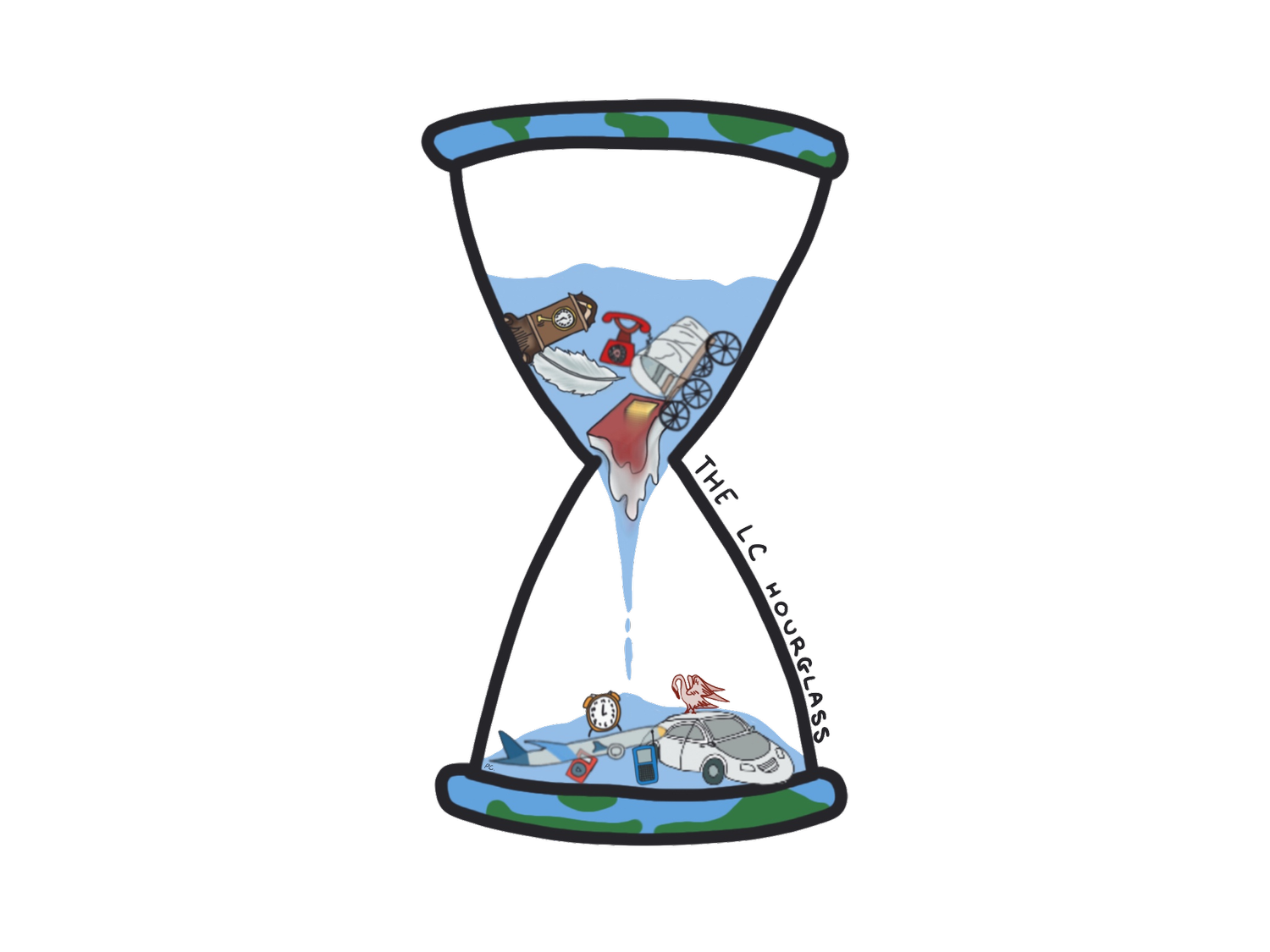Unraveling the Thread of Generational Trauma: How Pain Shapes Family Dynamics
By Siena Gee ’25
How would you feel if your greatest fears or traumas were passed down to you from your parents and grandparents? And that your fear-based thoughts like “Don’t trust them” could actually stem from them as well? These thoughts and feelings that occur in response to certain triggers have been found to carry on across generations. They are often referred to as generational trauma, a phenomenon that researchers still struggle to prove.
Generational trauma stems from adverse childhood experiences, also called ACEs, including abuse, neglect, and trauma. These ACEs are often linked to physical health problems and mental illnesses during one’s maturity. These victims have higher chances of suffering from depression, alcohol abuse, drug abuse, and more. Although generational trauma is a widely known subject, many still stray away from acknowledging how one’s environment affects one's experiences and instead focus on using medication to mitigate the effects of ACEs rather than fixing the issue at its core. This avoidance causes victims, having not healed from their traumas, to pass down their traumas through their interactions with others. Their ‘survival mode’ instincts and thought processes stick with them from the untreated ACE and have the potential to influence those around them, especially children, who are more susceptible to influences around them. As younger generations are influenced by the traumas of older generations, a chain of trauma forms, giving this trauma cycle the name ‘generational trauma.’
Although many think of generational trauma, or ACEs, as genetically passed down, it is actually a culture. Those who experience ACEs are more likely to pass down these experiences to their children through the lessons and experiences that they teach. For example, according to Trauma Psychologist Elena Cherepanov, parents who have faced traumatic experiences and lived under oppression may “formulate fear-based survival messages that they pass on to their children and grandchildren– ideas like ‘Don’t ask for help– it’s dangerous.’” The belief that generational trauma is passed down through genetics is actually harmful. It discourages people from getting help because they believe that their trauma is inevitable and that there is no way to treat it permanently. Acknowledging that generational trauma is caused by taught behaviors and perspectives will allow people to feel more hope when finding help.
Generational trauma is a contradictory concept. Its effects vary; it could break apart families but could also allow other families to bond. In some families, generational trauma can be devastating. It can be a source of disconnection, negligence, and violence within the family. The children’s self-esteem and confidence are greatly swayed as their feelings are constantly minimized and compared to their parents’ trauma. On the other hand, other families recognize their generational trauma and use it as a way to bond with each other, using their trauma to have more meaningful and understanding conversations with each other.
In conclusion, generational trauma is frequently misunderstood, leading to people going untreated and ultimately creating an infinite cycle of trauma from generation to generation. Generational trauma itself has the capability to shape family dynamics in both positive and negative ways, and its effects generally depend on the level at which families are educated and aware of the nature of generational trauma. This dependency on cognizance illuminates the differentiation between social classes as families who have faced war, are from historically marginalized groups, and are from lower socioeconomic classes are more likely to experience generational trauma. The continuance of generational trauma calls to attention the inequality that persists in today’s society, which allows these traumas to cross generational borders, and exposes several areas our society can continue to work and improve on.
References
“Generational Trauma: Breaking the Cycle of Adverse Childhood….” IU Health, 2023. https://iuhealth.org/thrive/generational-trauma-breaking-the-cycle-of-adverse-childhood-experiences.
DeAngelis, Tori. “The Legacy of Trauma.” https://www.apa.org, 2019. https://www.apa.org/monitor/2019/02/legacy-trauma.
Ryder, Gina. “How Intergenerational Trauma Impacts Families.” Psych Central. Psych Central, April 21, 2020. https://psychcentral.com/lib/how-intergenerational-trauma-impacts-families#family-impact.
